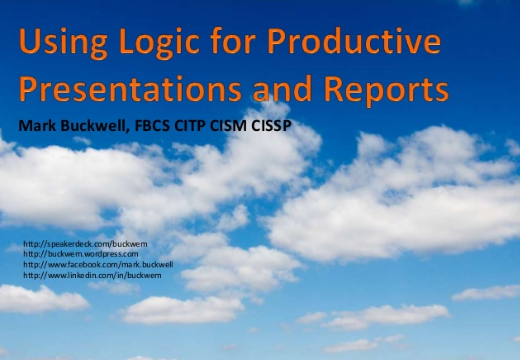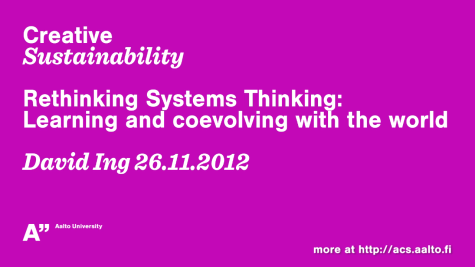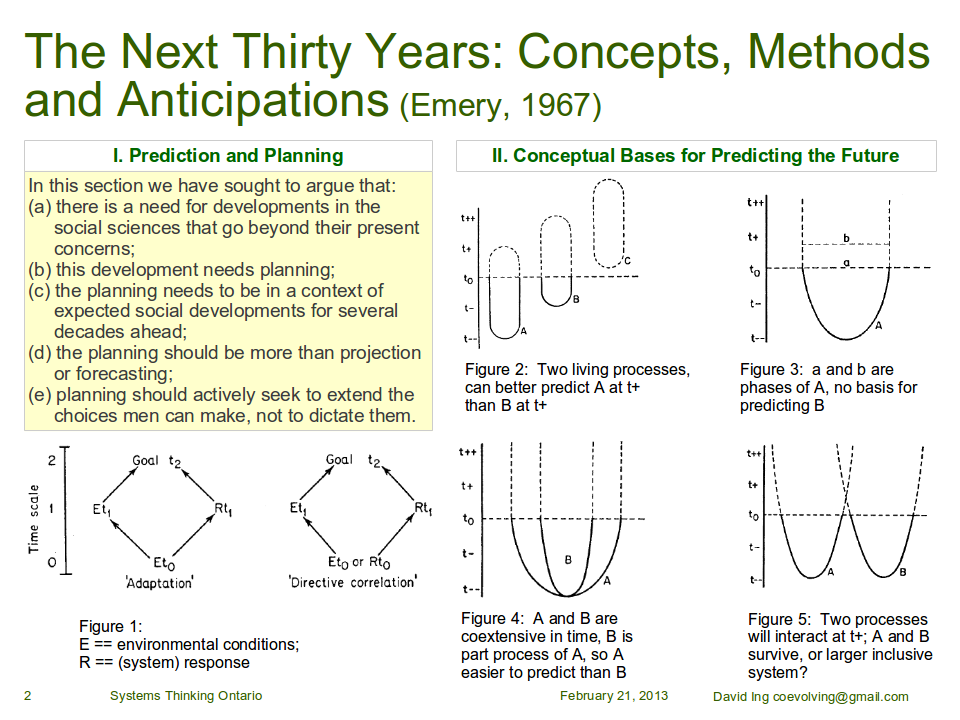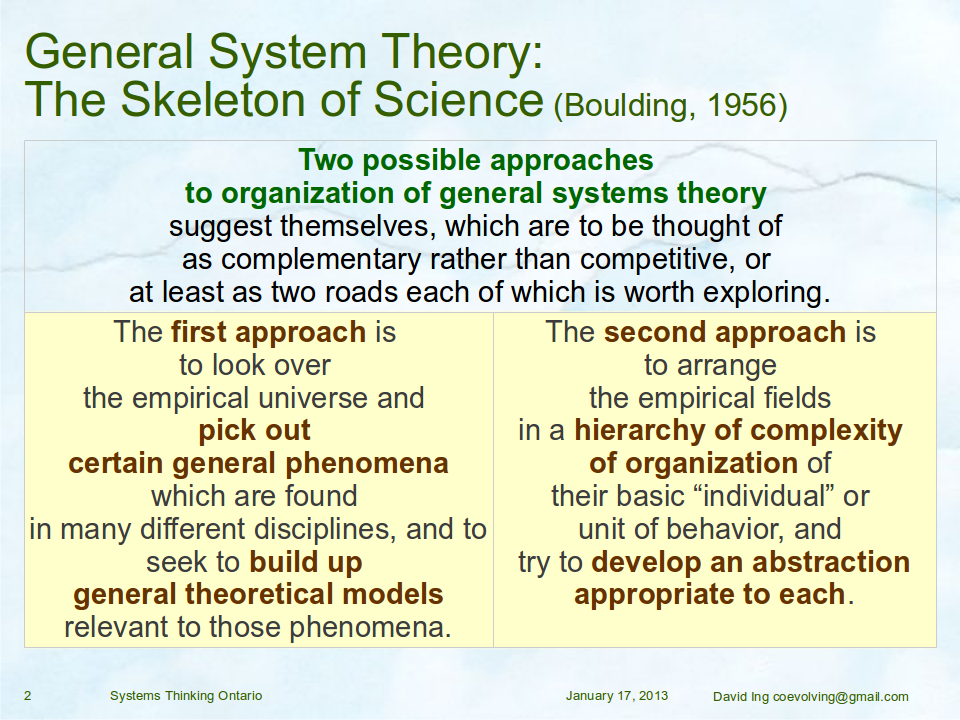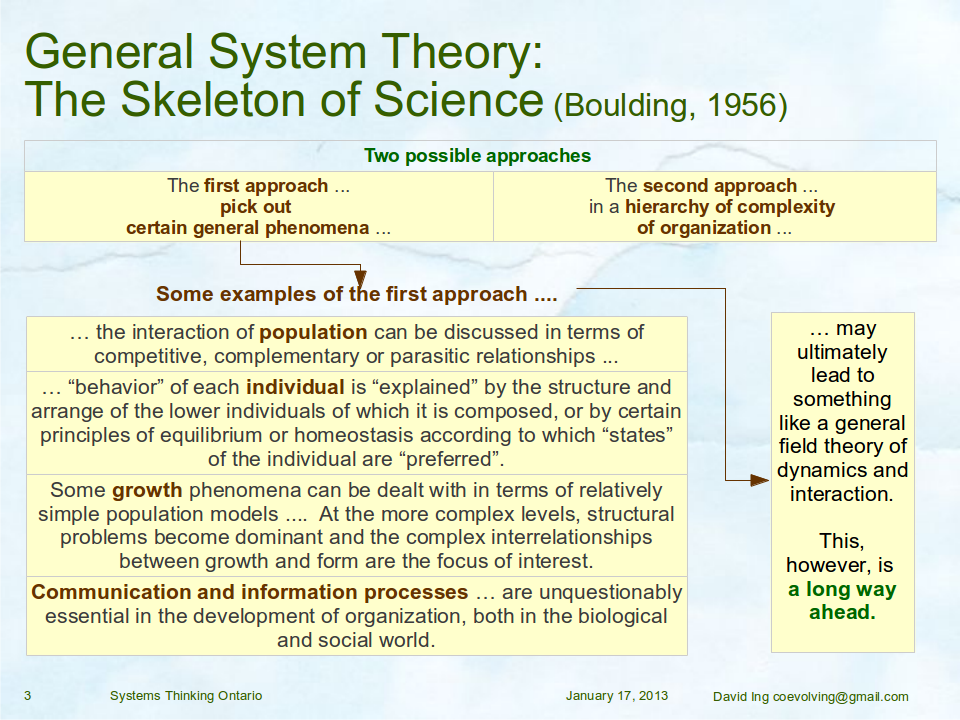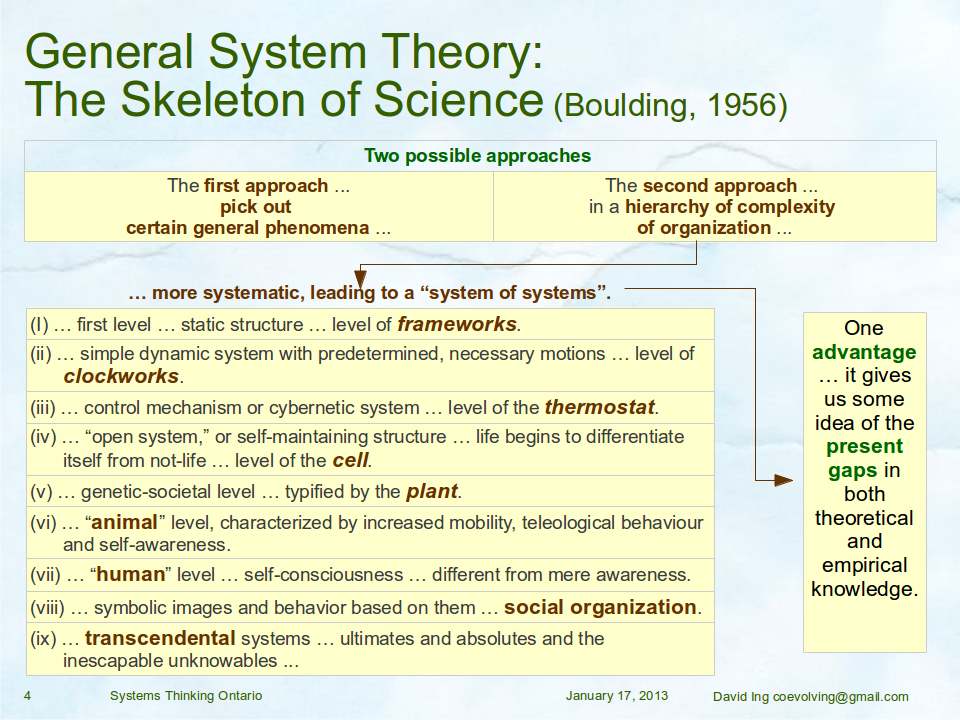The style of reports in the original IBM Consulting Group style is explained well by @buckwem, with presentation slides in landscape format following Minto’s pyramid principle structured with horizontal logic and vertical logic. I never met Mark Buckwell during my IBM career, but he’s been there since 1993, so we “went to the same school”. If I’m not using this style in a presentations, it’s for a conscious reason, as this way of writing and presenting is always in the back of my mind.
On Slideshare, Mark has shared Using logic for productive presentations and reports 31-jan-2013 – speakerdeck in the series http://www.slideshare.net/markbuckwell
Mark first surfaced Using Logic for Productive Presentations and Reports while teaching a chemical engineering course at Birmingham University, on a blog post at http://buckwem.wordpress.com/2013/01/31/using-logic-for-productivepresentations-and-reports/.
The Pyramid Principle from Barbara Minto was first written over forty years ago and defines a logical way of writing reports and presentations. The technique first came from McKinsey and Company but it is now used by many management consulting companies including IBM Global Business Services.
On a subsequent blog post, he provides a rigourous “Checklist for Presentation Logic” at http://buckwem.wordpress.com/2013/02/03/checklist-for-presentation-logic/ . This knowledge is normally imparted situationally by experienced engagement managers, so the checklist could seem intimidating for individuals coming up the learning curve.

